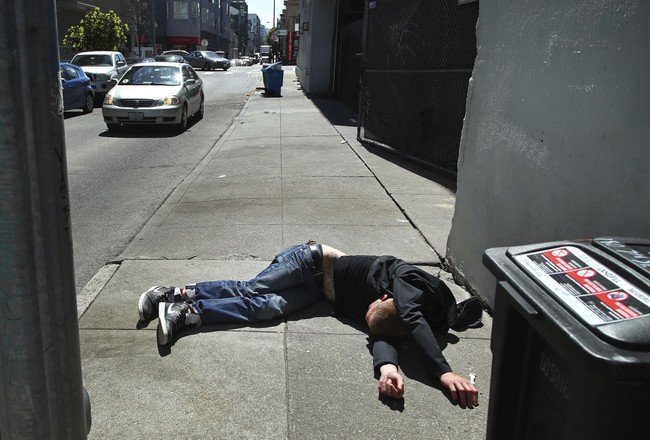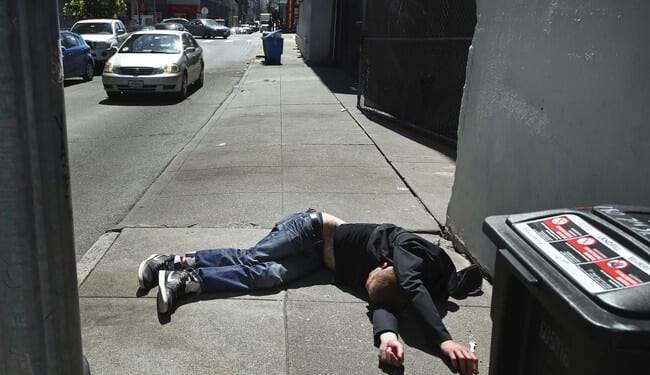
It’s the bane of modern city living. Thousands of homeless people are setting up makeshift tent cities or sleeping in public parks. It’s not only unsightly; it’s dangerous both for residents and the homeless.
The problem isn’t that there aren’t enough shelter beds. It’s that homeless people don’t feel safe in the city-run shelters or they prefer to sleep outside. Regardless of the reason, big cities have been trying to move the homeless to safer places but have met resistance from homeless advocates who claim that moving them from the streets is “cruel and unusual punishment.”
That’s what the 9th U.S. Circuit Court of Appeals ruled in a case involving Grants Pass, Oregon which passed an ordinance outlawing camping in public areas. Grants Pass appealed to the Supreme Court where California Governor Gavin Newsom joined the suit.
The Wall Street Journal calls the decision a “Constitutional right to vagrancy.”
Progressives have used the ruling to sue to stop cities across the West from enforcing similar laws. Under the appellate court’s precedent, a police officer in, say, San Francisco can’t cite a homeless person who has set up a tent inside a public playground even if he has been offered temporary housing.
Many homeless reject temporary shelter because they’d rather live on the streets where they can freely use drugs. The Ninth Circuit decision has made it harder for local officials to use the threat of penalties to force vagrants to accept treatment for mental illness and drug addiction, which has contributed to the increasing disorder in West Coast cities.
The homes problem in California is out of control largely because suit-happy homeless advocates have stymied local efforts to clear the streets and get the homeless help.
But the homeless don’t want to be forced to live inside because it would curtail their ability to use drugs.
Theane Evangelis, a lawyer for Grants Pass, said, “The tragedy is that these decisions are actually harming the very people they purport to protect. We look forward to presenting our arguments to the Supreme Court this spring.”
A three-judge panel from the Ninth Circuit ruled this week in San Francisco on the city’s plan to clear homeless encampments. The city lost 2-1 which moved one of the judges to write a stinging rebuttal.
In a fiery dissent, Judge Patrick Bumatay explained that nothing in “the text, history and tradition” of the Eighth Amendment “comes close to prohibiting enforcement of commonplace anti-vagrancy laws.” The court’s “sweeping injunction has no basis in the Constitution or our precedent,” he added. “San Francisco should not be treated as an experiment for judicial tinkering.”
“Our decision is cruel because it leaves the citizens of San Francisco powerless to enforce their own health and safety laws without the permission of a federal judge,” Judge Bumatay wrote. “And it’s unusual because no other court in the country has interpreted the Constitution in this way.” This may be one reason the High Court agreed to hear the Grants Pass appeal.
The homeless should not have a right to vagrancy. But that’s what homeless advocates are trying to give them. Allowing public camping even if there are shelter beds available is madness. Mentally ill people need care, not carte blanche to roam the city endangering other citizens.

